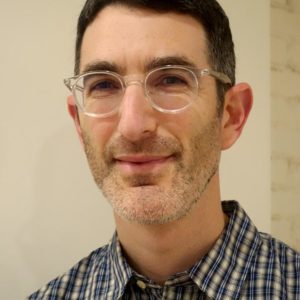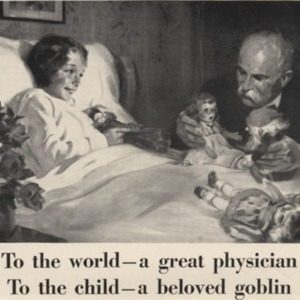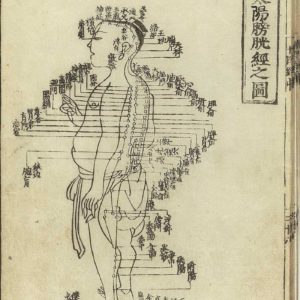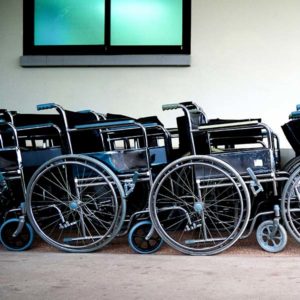
Global Health in Africa: An Historical Perspective
The last few decades have witnessed an enormous increase in interest in global health, particularly with respect to Africa. Most international agencies, national governments, pharmaceutical companies, research universities, and charitable organizations are now involved in some capacity in activities related to global health. As a result, there is currently far more money devoted to global … Continued








